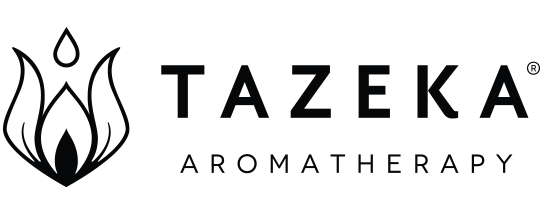
In recent years, shea butter’s popularity has exploded.
We’re seeing it in commercial products distributed by franchises like The Body Shop. While we can’t speak as to how refined or unrefined these products are (we prefer it unrefined, to retain all the skin-healing properties of the butter), we have to say we’re thrilled shea’s become such a hot commodity.
The reason being that it’s helping women in Africa make good livings for themselves and their families.
Shea has traditionally been harvested and produced by African women for generations—so much so that it’s earned the nickname "women’s gold." According to the UN Development Program, about 3 million African women are working with shea butter in countries such as Ghana, Burkina Faso, Nigeria, Cote d’Ivoire, Togo and Benin.
But "women’s gold" or not, shea butter’s profitability has for a long time been limited to local markets. Sometimes the women saw little of the profits, due to bulk traders taking the biggest cut. Sometimes, due to production limitations, small women-run shea businesses have operated with minimal profits, or even at a loss.
With the recent shea butter boom, that’s all changing.

It’s especially encouraging to see big companies, such as L’Occitane and The Body Shop, taking pride in using fair trade shea butter, even if it means they pay more for it. A recent article in Africa Renewal magazine reports that L’Occitane pays about 20% to 30% more for fair trade shea from Burkina Faso than they would from Western suppliers. "Sales of shea butter to L’Occitane represent about $1.23 million yearly for the supplier cooperatives and their 15,000 rural women members."
There are also more non-profit organizations dedicated to giving African women the tools to run profitable businesses.
SNV, an international non-profit dedicated to elevating people around the world out of poverty and giving them access to basic services (such as clean water), has been particularly helpful.
SNV has helped shea producers brand themselves successfully, with the result that they sell almost everything they bring to market. They’ve helped women-run organizations refine their processes to produce enough shea to sell in bulk to major buyers (shea has traditionally been made by hand in a time-consuming process). But they also teach women to manage the financial aspects of their businesses.
"In Ghana alone, SNV has supported the development of 1,483 community-based Village Saving and Loan Associations. These give their 42,000 members (85% of whom are women) the skills to manage savings, credit and to stockpile produce in order to better control price points."

Do you use shea butter? If so, does understanding its impact on low-income African women make you want to seek out fair trade sources?

Comments on this post ( 0 )